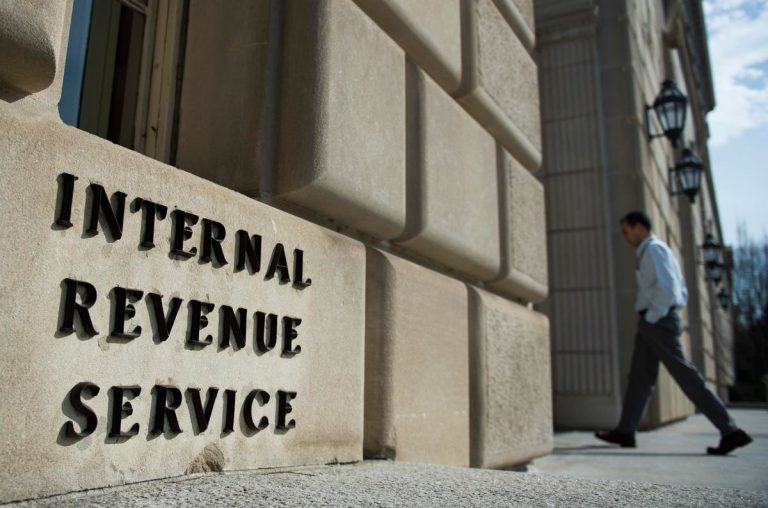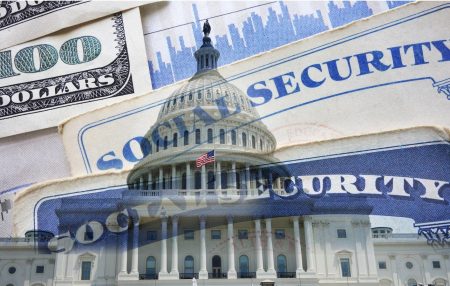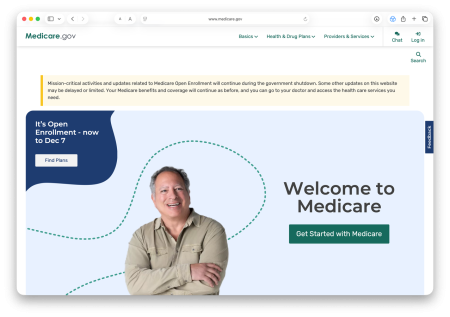Higher income earners received a momentary reprieve from the Internal Revenue Service (IRS). A planned change to catch-up contributions and how they’re classified for tax purposes was set to go into effect in 2024, but the IRS announced it will delay the change until 2026.
When the Secure Act 2.0 of 2022 passed, it scheduled a significant shift to 401(k), 403(b) or 457(b) catch-up contributions. The catch-up contributions, which one can take after turning 50, wouldn’t receive a current year tax break, for those making $145,000 from a single company in a year.
Instead, savers would have to domicile the catch-up contributions in a Roth account, requiring them to pay taxes on the money today while avoiding any taxes upon distribution.
But for high-income earners, it may benefit savers to have the tax deduction today, as opposed to waiting until retirement to receive a distribution – when your retirement income may be less. The rule reduces the flexibility that such earners have in classifying their catch-up contributions.
The IRS has stated that they would delay the implementation of the change for two years. This gives higher earners a chance to consider a few different options, before the new rule goes into effect.
Capitalize on savings today
For savers that expect to have higher taxes today than when they retire, it’s important to reduce the tax exposure today.
Catch-up contributions allow this. It gives employees and other savers a chance to earmark an additional $7,500 for the 401(k). This cuts your income subject to taxes down by $7,500. As a result, your current year taxes drop.
When you’re ready to distribute funds, you then pay taxes on the distribution as regular income tax. If you expect to spend far less than you make today, this tactic allows you to reduce your income in retirement. By doing so, you’re reducing your marginal tax rate, paying less on the invested money than you would have if you paid the IRS today.
You still have the opportunity to take this tactic for 2024 and 2025.
You can take advantage of Roth 401k now
Other savers do not expect their income to drop after they retire.
Their spending will remain steady because while they no longer work, they will go on more vacations, spend more on food or outings, fund children’s activities, renovate their home and other concerns.
In such cases, you very well may want to ignore the rule and add more towards the Roth 401(k) today. Why? Because, while your taxes remain higher today, if you invest in a Roth, those savings will grow tax free. Then, when you distribute the funds, you do not have to pay taxes on the principal (the amount you originally invested in the Roth) or the gains.
This can reduce your overall tax exposure, especially if you have high gains in your investment accounts from the time you contribute to the time you distribute the funds.
It also creates an opportunity to avoid required minimum distributions (RMD) when you reach age 73 (or eventually 75). The Secure Act removed RMDs from any Roth account. Prior to the passage of the law, you had to take RMDs for Roth 401ks. For higher income savers in retirement, this can allow them to avoid distributions that they don’t need.
Watch out for rising tax rates
The other dynamic within this catch-up contribution delay has to do with rising tax rates. The marginal tax rates were adjusted under the Tax Cuts and Jobs Act, which sunset in 2025. Congress can extend these marginal rates, but there’s no indication whether they will or not.
This means, by taking the Roth contribution today, in spite of the catch-up contribution rule change in 2026, you can take advantage of lower tax levels. A couple filing jointly in the 24% tax bracket, for instance, may have to file under a 28% rate in 2025 and beyond.
By labeling the contributions for the Roth today, you take advantage of that lower rate, whether Congress keeps the rates at similar levels in 2025 or not.
What the catch-up contribution rule change will do, however, is reduce the options for higher earners. It’s best to weigh your plans today, while you can.
That way you can reduce your tax exposure while there’s still time.
Read the full article here









